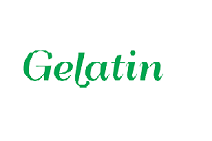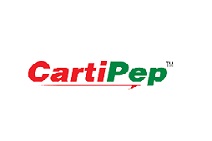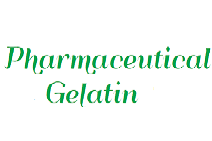Widgets

Nitta Gelatin India Ltd
Nitta Center,
SBT Avenue, Panampilly Nagar,
Ernakulam-682 036
Ph. No. 0484 2864400
CIN L24299KL1975PLC002691
Nitta Gelatin Inc.
Tokyo Branch
08-12,2-Chome, Nihonbashi-Honchou
Chuou - Ku, Tokyo 103-0023, Japan.
Phone: +81-3-6667-8252
Fax: +81-3-6667-8250
www.nitta-gelatin.co.jp
Nitta Gelatin NA Inc.
598 Airport BlvdSuite 900Morrisville, NC, 27560USA
Phone: +1 (919) 238-3300
Fax: +1 (919) 238-3222
www.nitta-gelatin.com










